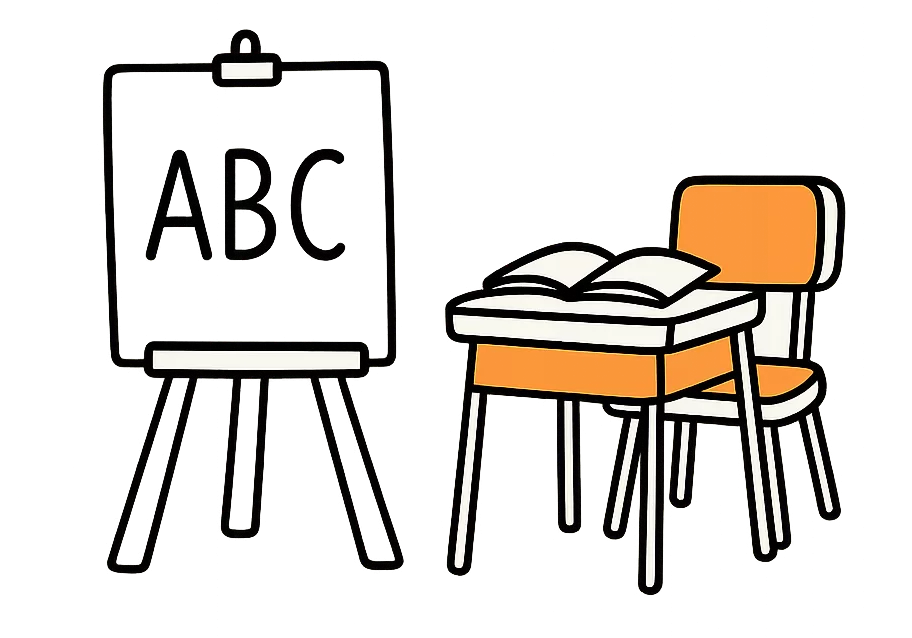
Over the past decade, I’ve had the privilege of leading digital strategy in schools where innovation is viewed not as a gimmick, but as a pedagogical imperative. In my role as Deputy Head and digital lead, I have worked to ensure that technology is not merely layered onto existing practice, but meaningfully woven into the fabric of teaching and learning.
My focus has been twofold: to enhance pupil outcomes through thoughtful digital integration, and to support the professional growth of staff through coaching, collaboration, and sustained development. Throughout, I’ve remained committed to a central question: how might schools harness technology with both ambition and integrity—guided always by purpose, not novelty.
(more…)



